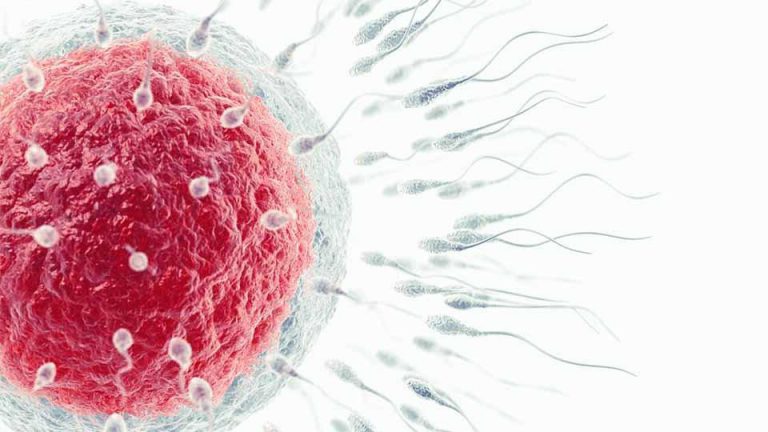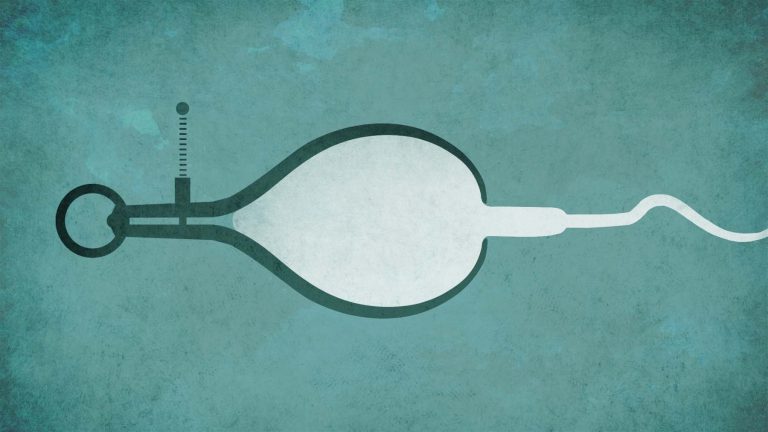A couple is given the diagnosis of unexplained infertility when they suffer from infertility but the diagnostic workup fails to find any reasonable cause of the condition. Unexplained infertility is essentially a negative diagnosis; in other words, the clinical team knows there is a problem but the cause remains unknown.
Even with the availability of a number of fertility diagnostics, unexplained infertility is very common.
Men and Women are Equally Responsible for Infertility
Fertility has long been considered a “woman’s problem.” This is simply not true, and men are in fact, equally as infertile as women. Traditionally the metrics for male fertility have been mostly limited to sperm count, morphology, motility, and, occasionally, DNA fragmentation. For females, on the other hand, a vast array of tests are available. These include ultrasound, cervical position, basal body temperature, hysteroscopy, laparoscopy, cycle tracking and a diversity of hormonal tests.
The Prevalence of Unexplained Infertility
Upwards of 30% of couples seeking fertility care are labeled with unexplained infertility. Given that over 50% of couples’ infertility struggles are at least partially attributable to the male, understanding the source of male infertility could allow for improved care. The limited set of male tests can only detect the major causes of infertility (i.e., azoospermia) leaving the less obvious factors invisible.
While many cases of infertility remain unexplained, there may be answers in the epigenome. Unlike one’s genetic code, the epigenome is dynamic and can be modified by environmental factors and lifestyle choices. Fertility in many cases is a state which changes throughout one’s life. Given the lack of clear genetic or physiological causes of unexplained infertility, the epigenome is thought to be altered in this subset of patients. As a result, looking into the epigenetic basis of infertility can help clinicians inform treatment.
Therapeutic Interventions for Unexplained Infertility
Intrauterine insemination (IUI) and in vitro fertilization (IVF) have been the therapeutic mainstays for those with unexplained infertility. The former involves inserting sperm directly into the uterus, while the latter works by uniting the sperm and the egg cells in a laboratory dish. IVF is expensive, but has a higher success rate. However, some patients continue to struggle and suffer the associated financial burden of repeated cycles.
Repeated failed rounds of IVF can help identify causes of infertility. For example, if sperm and egg quality are normal, then the conception issue may be rooted at the embryonic or implantation level. In other words, if IVF fails to result in pregnancy despite successful fertilization, embryonic development or implantation may be to blame. Still this is a very expensive way to start getting answers.
Epigenetic testing may allow patients to forgo the cost of multiple rounds of IVF by predicting whether embryos will fail. Equipped with this information, couples can have their IVF cycles optimized to account for embryonic versus fertilization issues. This represents a significant leap for the medical community given that 36% of couples struggling with unexplained infertility are currently over-treated.
Advanced Sperm Quality Testing. Easy, Mail-in Kit.
ORDER NOWWhat Questions Should I Ask if I Have Unexplained Infertility?
The road to pregnancy can be long and circuitous. It is important that couples educate themselves on the latest interventions and ask the right questions. These questions tend to address common themes such as seeking second opinions, repeating tests, and exploring alternative testing to get more in-depth data that can inform treatment.
Patients should ask their clinician about the prospect of repeating some tests such as semen analysis. If these tests remain unremarkable, patients should inquire about the following less common conditions and tests:
– Post-coital testing followed by sperm antibody screening
– Mycoplasma culture
– Progesterone blood serum quantification and endometrial biopsy
– FSH blood test
– Cycle day 3 Ultrasound
– Early miscarriage
Where to Next?
It is possible that a significant contributor to unexplained infertility can be attributed to changes in sperm epigenetics. Methylation patterns in sperm DNA which affect the expression of various genes may be the missing link for this unique patient population. By employing epigenetic analysis, we may be able to identify more causes of infertility and suggest the optimal course of therapy. Preliminary evidence even suggests that these epigenetic signatures influence the probability of conception, embryogenesis, and successful carrying of pregnancy to term. Future research on sperm epigenetics holds the promise of revolutionizing reproductive medicine and empowering patients in the process.







